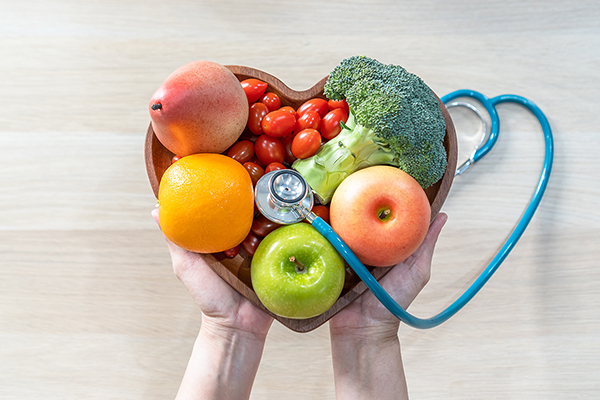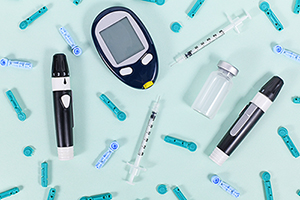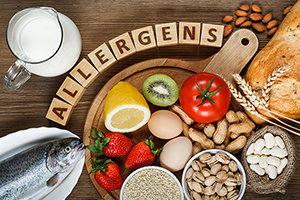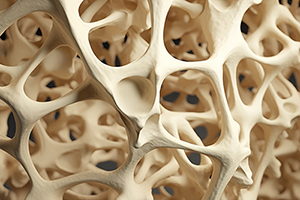




Q: My mother has had undiagnosed pre-diabetes for years and now has established coronary artery disease (CAD). Her cardiologist has her convinced that embarking on a super low-fat diet will help to decrease her LDL cholesterol.
Hoping you can explain why a low-fat diet would be potentially detrimental for my mother or anyone for that matter? Although I’m an RD, I think it is hard for family members to always take my advice.
A: I hear you! Your message merits repetition because it can’t be emphasized enough. This is the only way we can un-brainwash the masses who are beholden to their doctor’s advice to follow the cardiac “prudent” diet. Unfortunately, this diet is still the standard advice in hospitals today. You and I know there’s nothing prudent about it! It is my opinion that doctors not properly schooled and certified in nutrition are not qualified to give diet advice. To all doctors reading this, please refer your patients to a qualified RD or other certified nutrition professional. Your patients will have better compliance and improved health.
Fact: Those with diabetes and even pre-diabetes progress to CAD as much as 70 percent faster than individuals without diabetes. High blood sugar and insulin levels create inflammation, especially in arteries. A high-carb, low-fat diet causes LDL particles to become small, dense, and more atherogenic. This is much more indicative of health outcomes than the amount of LDL circulating. We want big, fluffy, “pattern A” particles, not “pattern B.”
Pre-diabetes, like diabetes, is defined as a condition of carbohydrate intolerance. On a low-fat diet, there’s nothing else to eat except some protein and a lot of carbs. Even whole grains and other ‘complex carbs’ exacerbate the condition.
It is long known that most of our chronic diseases can be eradicated with changes in diet and lifestyle, especially our epidemics of diabetes and heart disease.
A high fat, low carb diet is the antidote. Healthy fats, like those found in grass-fed meats, free-range poultry, safe and sustainable seafood, avocado, nuts, seeds, and oils such as olive and coconut do not cause unfavorable spikes in blood sugar and insulin levels. Carbohydrates do.
To your health!
Leyla Muedin, MS, RD, CDN
Though we think of declining estrogen as the hallmark of menopause, it's actually common for…

Up to 12 percent of Americans have ulcers at some point in life. Peptic ulcers…
Gallbladder disease is a modern illness. An estimated 20 million Americans have gallbladder disease. The…

We’re doing ourselves in. By every metric, the U.S. is spending far more per capita…

Q: I’ve eliminated my food allergy foods for a period of six months on the…

A recent TV ad for a new expensive osteoporosis drug, Evenity®, seeks to create the…

Leyla Weighs In: Why Washing Produce Isn’t Enough

Our virtual voicemail is open 24/7, so there's no need to wait to submit your questions for Dr. Hoffman. Leave a message, and you may hear your question featured on the Intelligent Medicine radio program!